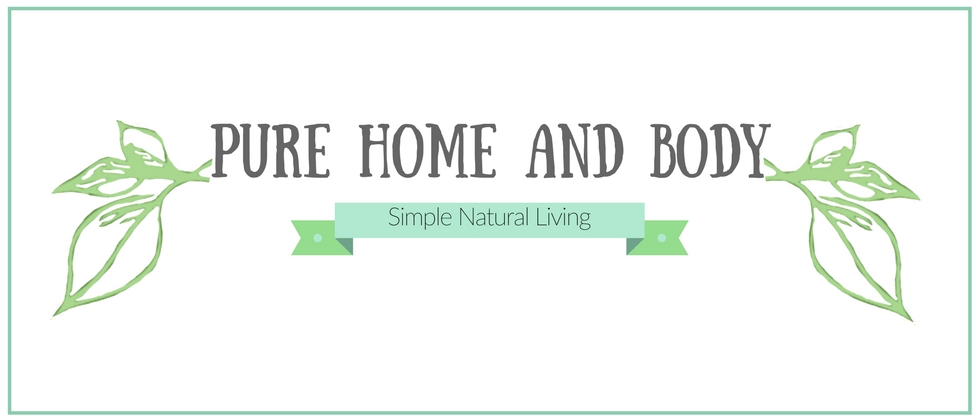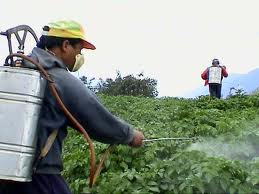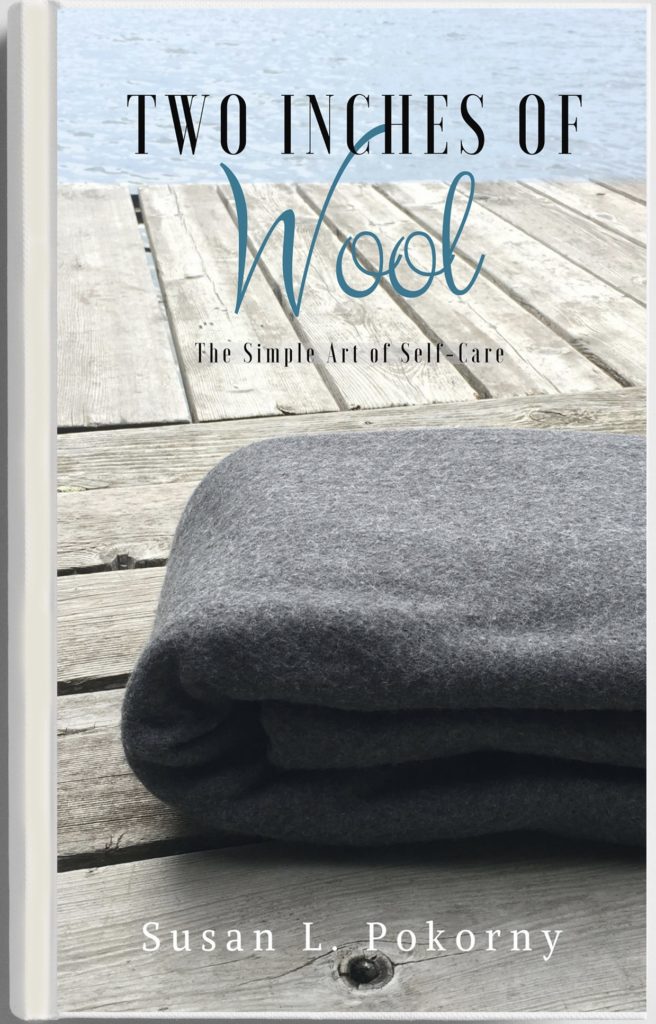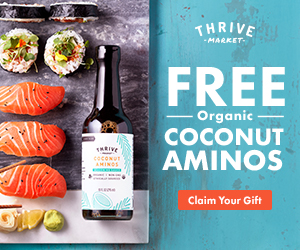 The production of consumer products and supplements is outpacing the testing and safety of these same products. This is even more apparent in “health store” products. Herbal remedies and supplements do not require the same product labeling or testing as over the counter drugs so it is imperative to do your research before purchasing natural remedies. Purchasing products from a health food store is no guarantee of purity, in fact, natural products from the health food store may contain harmful substances like lead and even pharmaceuticals that may not be listed on the ingredients- the worst offenders are weight loss, sexual enhancement and body-building supplements.
The production of consumer products and supplements is outpacing the testing and safety of these same products. This is even more apparent in “health store” products. Herbal remedies and supplements do not require the same product labeling or testing as over the counter drugs so it is imperative to do your research before purchasing natural remedies. Purchasing products from a health food store is no guarantee of purity, in fact, natural products from the health food store may contain harmful substances like lead and even pharmaceuticals that may not be listed on the ingredients- the worst offenders are weight loss, sexual enhancement and body-building supplements.
Many products are simply tainted with contaminants due to lack of quality control. Herbs grown in foreign countries are common sources of heavy metal contaminants. This shouldn’t come as a surprise since disposal of toxic manufacturing waste and pesticide usage in many countries is far from ideal. Even though the US might have banned some substances found harmful by the EPA or FDA, this doesn’t stop us from importing goods from countries where these toxins are found like China.
Quality in essential oils is especially important if you want to use them for therapeutic purposes. Since there is no regulation on essential oils, a company could just list “essential oil” on the ingredient list. In order to be therapeutic, food grade essential oils, it must be
- Organically grown. Since essential oils are super concentrated, if the plant material was sprayed with any pesticide or fungicide, the essential oil will contain highly concentrated chemicals from the sprays.
- Properly distilled. Producing therapeutic grade essential oils is not unlike cooking, actually it’s chemistry. If you burn your essential oil during distillation or heat it too high or too long, etc. the result will change the chemical structure of the essential oil and thereby affecting the therapeutic value of the essential oil.
- Plant material from the proper species. Lavender essential oil is one of the most sought after essential oils, and one of the most diluted or “cut”. This means another oil from another species of plant (or synthetic version) is added to the pure oil. It’s simple economics, if someone can produce something similar in smell at a cheaper cost, do you think they’ll do it if there is little risk of getting caught? Lavender essential oil (lavandula angustifolia) is often diluted with Lavandin (lavandula x hybrida and lavandula intermedia are two common species used for “cutting”). The problem with cutting lavender with similar smelling lavandin is Lavandin contains high levels of camphor, a harmful element that can make a burn worse. Pure lavandula angustifiolia is excellent for healing burns and wounds. The average consumer does not know this and may purchase lavender based on price alone. Buyer beware, make sure you work with a company that is supplying raw materials that are pure and consistent with the label.
Here are some other things to keep in mind when purchasing natural products
- Purchase your products from reputable sources and avoid internet shopping from companies overseas.
- Keep price in mind, you often get what you pay for. A 2003 study at the University of Minnesota found that the more expensive an herbal supplement was the more likely it was that the recommended dosage would be consistent with established standards. “It’s hard for manufacturers to have a high-quality product at low prices”.
- Re-check labels. Occasionally, companies do re-formulate products and it’s not unusual to find a product that was once “pure” filled with questionable ingredients and packaged as “new and improved”. Just like shopping for foods, you should be able to recognize ingredients on the labels of personal and home care products.
- Buy from companies who know their source. Many companies purchase goods from brokers and have little if no contact with original producers. This is especially true of essential oils. Some companies are not only growing many of the plants they distill into oils, they are building relationships with sources they purchases oils from. Having direct contact with a source is critical to quality control, it’s much easier for a distributor to compromise integrity if you are only dealing with a number or broker with an untraceable identity.
- Look past the hype. If you are lured into a natural product by the marketing campaign or a made for tv commercial, don’t make impulsive decisions. Taking time to do a little bit of research can go a long way in saving you time and money on products that aren’t really natural or may have harmful ingredients. Simply reading the label is a good start. any product that has the ingredient “fragrance” indicates an unknown chemical combination in this product, do you think this is “natural”?
- Products should have verified, third party testing. For many products you may just have to take a company’s word for it. If you really are determined to find out more, contact the company directly and any business who is operating with integrity will offer up their information, reports and results from supposed testing.
- Follow the directions on your products. In the USA, many think if a little is good, more will be better. It’s easy to think that because natural products, herbs and supplements are easily accessible that they are safe and easy to use. The reality is that many herbs and supplements are as powerful as pharmaceuticals and should be treated with respect. Adding supplements to your diet haphazardly can be harmful if you don’t know what you are doing. Mega doses of vitamins or supplements should only be used under the care of a knowledgeable practitioner or doctor. Many foods we eat are supplemented with synthetic vitamins and herbs, add herbal teas, herbal medicines and you have a chemistry experiment with unknown results. Be wise about what you are using, what the directions are for safe use and any contraindications to using in conjunction with any current medications.
There is a place for natural remedies in every home, especially essential oils. But these products, when they are pure and potent, deserve respect. Do your research before you hand over your hard earned cash for natural remedies that might not be what they are advertised to be.














No comments yet.